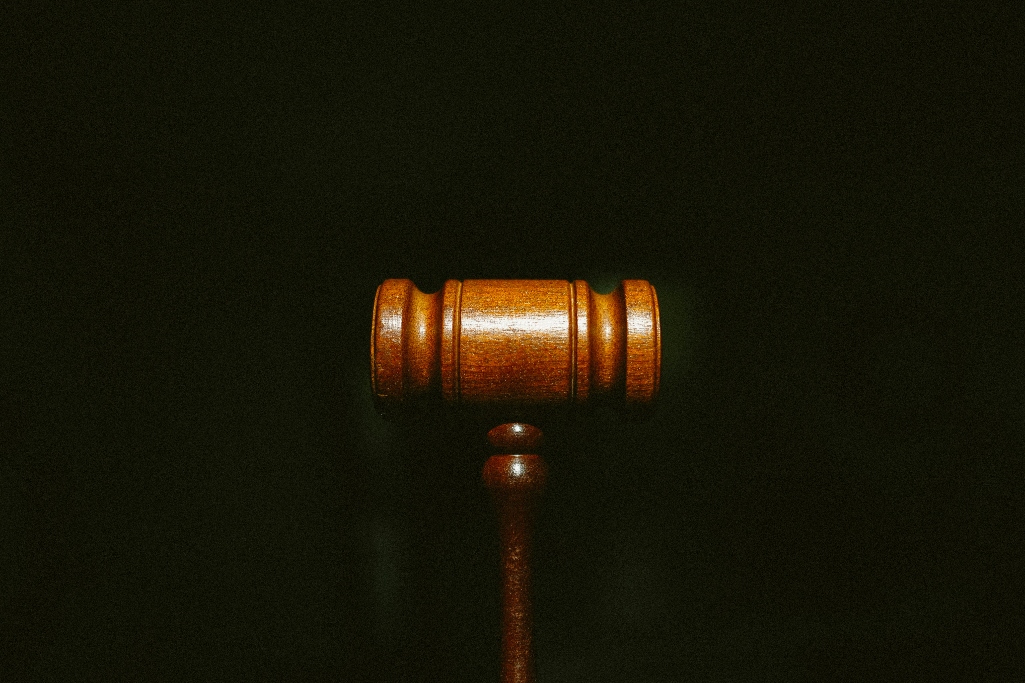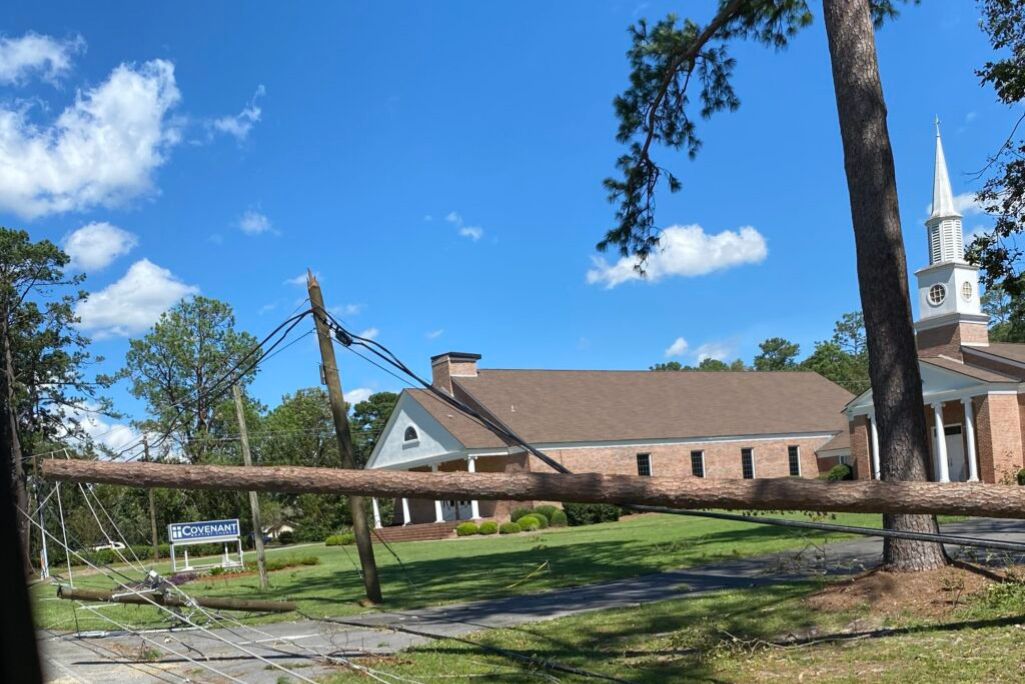
TALLAHASSEE, Fla. (BP) – A six-week abortion ban with exceptions will be implemented in Florida, but voters will also have the option of enshrining abortion rights in the state constitution in November.
The changes flow from two Florida Supreme Court rulings April 1. The first, which upheld a 15-week ban, also means that Florida will be able to implement a six-week ban that Gov. Ron DeSantis has already signed into law. The ban most supportive of life also includes exceptions for rape, incest and the life of the mother. Both the 15-week and six-week bans were on hold awaiting the court’s decision.
“The impact of today’s decision extends far beyond the 15-week ban at issue in this case. By operation of state statute, the majority’s decision will result in even more stringent abortion restrictions in this state,” Florida Justice Jorge Labarga wrote in dissenting from the majority opinion. “While not before this Court in the present case, it is an irrefutable effect of today’s decision that chapter 202321, Laws of Florida, also known as the Heartbeat Protection Act, will take effect in short order.”
In its second April 1 ruling, the court allowed a proposed amendment to be included on Florida’s Nov. 5th ballot to enshrine abortion rights in Florida’s constitution.
Titled “An Amendment to Limit Government Interference with Abortion,” the ballot question would read, “Except as provided in Article X, Section 22, no law shall prohibit, penalize, delay, or restrict abortion before viability or when necessary to protect the patient’s health, as determined by the patient’s healthcare provider.” The amendment would require the approval of 60 percent of voters to become law.
With the court’s ruling, Florida becomes the second state – behind Maryland – to include on the November ballot a challenge to the right to life that would enshrine abortion rights in the respective state’s constitution.
Floridians Protecting Freedom, a pro-choice group leading the ballot effort, collected more than 910,000 validated signatures of registered voters in January to place the amendment on the ballot, including 150,000 Republicans, NBC News reported, based on numbers from the Florida Division of Elections.
At least eight other states are considering similar ballot measures, ABCNews.go.com reported, with signatures being gathered in at least two states to protect unborn life through a constitutional amendment.
In Maryland, the Right to Reproductive Freedom Amendment would enshrine in the state’s constitution, as an addition to the Declaration of Rights, “the ability to make and effectuate decisions to prevent, continue, or end one’s own pregnancy,” according to Ballotpedia.org.
A related ballot measure in New York, the New York Equal Protection of Law Amendment, would prohibit discrimination based on several factors including “pregnancy, pregnancy outcomes, and reproductive healthcare and autonomy,” according to Ballotpedia.org.
In Arizona, Arkansas, Colorado, Missouri, Montana, Nebraska, Nevada and South Dakota, residents are gathering signatures to place on the ballot amendments to enshrine abortion rights in their respective constitution, ABC News reported.
Concurrently, residents in Nebraska are collecting signatures to place on the ballot the Protect Women and Children Constitutional Amendment, which would “provide that except when a woman seeks an abortion necessitated by a medical emergency of when the pregnancy results from sexual assault or incest, unborn children shall be protected from abortion in the second and third trimesters,” according to the measure posted at Nebraska Secretary of State’s website.
In Colorado, the Equal Protection of Every Living Child in Colorado measure would ban all abortions there from the point of conception, close all facilities providing abortions, revoke the licenses of all medical professionals providing abortions, and establish law enforcement oversight, according to the Colorado Secretary of State’s Office.
(EDITOR’S NOTE – Diana Chandler is Baptist Press’ senior writer.)


